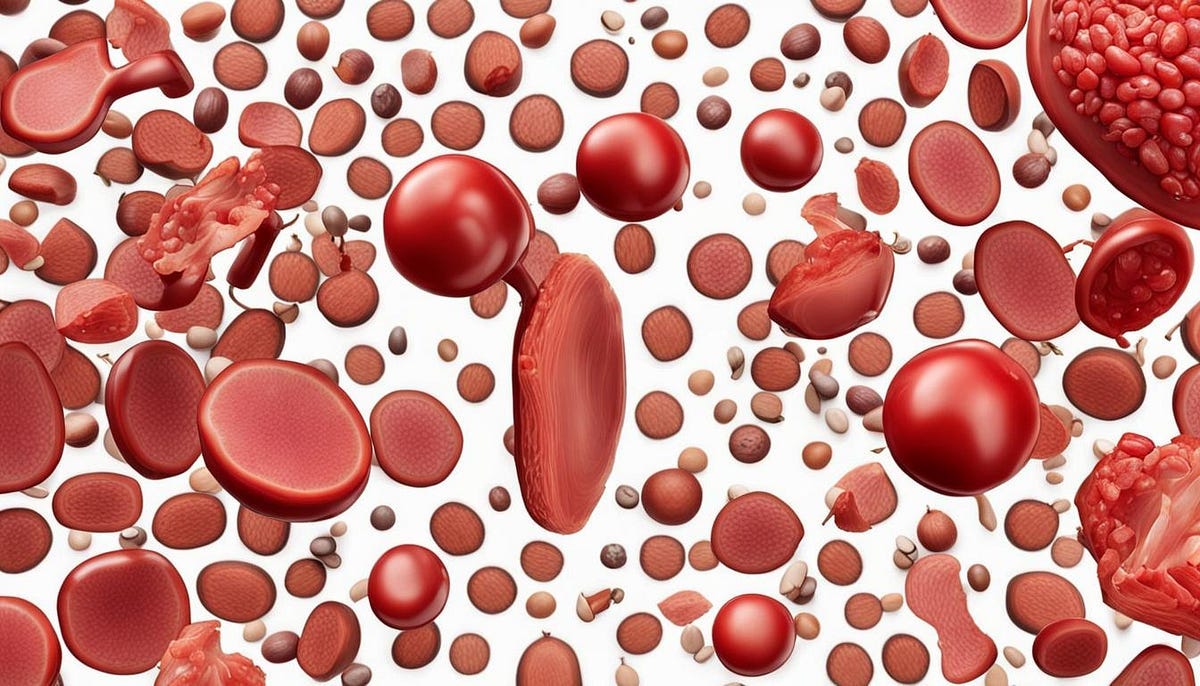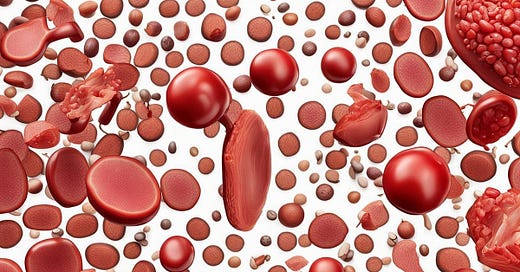Inflammation, Metabolism, and a Surprising Culprit
The Alpha-Defensin mystery: A closer look at how it affects your body
The Alpha-Defensin mystery: A closer look at how it affects your body

Scientists have found a surprising connection between inflammation and metabolic issues. A recent study focuses on a tiny warrior called alpha-defensin, usually known for fighting off invaders.
However, this study reveals that alpha-defensin might also be involved in causing a condition called atherosclerosis, which affects our blood vessels. What’s interesting is that this happens even when everything seems fine with our metabolism.
Unveiling the secrets of alpha-defensin
To understand how alpha-defensin affects our metabolism, scientists studied special mice (Def+/+). These mice turned out to have a higher risk of atherosclerosis, even though they had good cholesterol and glucose levels, lower weight, and normal blood pressure — things we usually link to being healthy.
The full picture
To get the whole story of how alpha-defensin works, scientists used different ways of looking at things. They combined studying behaviour, checking hormones, looking at how cells work, and even examining tissues under a microscope.
This helped them see how alpha-defensin influences many parts of our metabolism.
What Alpha-Defensin does to our metabolism
The special mice (Def+/+) looked healthy on the outside but used energy differently than normal mice. They didn’t use carbohydrates (like sugars) as much, but instead, they burned more fat.
Even though their hormones were mostly normal, they had low levels of a hormone called glucagon, which helps control our blood sugar.
Solving the puzzle: low glucagon and more
The mice with low glucagon also had higher levels of other things in their bodies, like ammonia and triglycerides. It seems that alpha-defensin makes our bodies use energy in a different way, focusing on breaking down fats instead of using sugars.
Even though their cell powerhouses (mitochondria) looked okay, it added another piece to the puzzle.
Def+/+ mice: A window into understanding
These special mice (Def+/+) are like a window into understanding a group of people who seem healthy but might have a hidden risk of atherosclerosis. This challenges what we usually think about being healthy.
The study hints at a connection between our body’s defence system and how our metabolism works.
Connecting the dots
Thinking about how our body works, every little thing plays a role, and alpha-defensin is turning out to be an unexpected player in the story of inflammation and metabolism. Figuring out how this tiny warrior affects our metabolism, even when things seem okay, helps us explore new ways to connect our immune system and how our bodies use energy.
This research not only teaches us more about atherosclerosis but also opens doors to finding ways to use alpha-defensin to help our bodies stay healthy.
References:
Here are the links to the research articles and news releases related to the Alpha-Defensin mystery:
The Washington Post: “Substance Slows Growth of HIV” — This article discusses the use of alpha-defensins from CD8 cells to slow the growth of HIV. The Washington Post
EurekAlert!: “Immune system molecule weaves cobweb-like nan” — This news release highlights the discovery of human alpha-defensin 6 (HD6) as a key component of the body’s innate defense. EurekAlert!
Clinical Orthopaedics and Related Research: “The Alpha-defensin Test for Periprosthetic Joint Infection” — This article discusses the use of the synovial fluid alpha-defensin immunoassay for predicting periprosthetic joint infection. Clinical Orthopaedics and Related Research
ScienceDirect: “Defensin — an overview” — This overview provides information on alpha-defensins found in neutrophils, macrophages, and Paneth cells in the intestine. ScienceDirect




